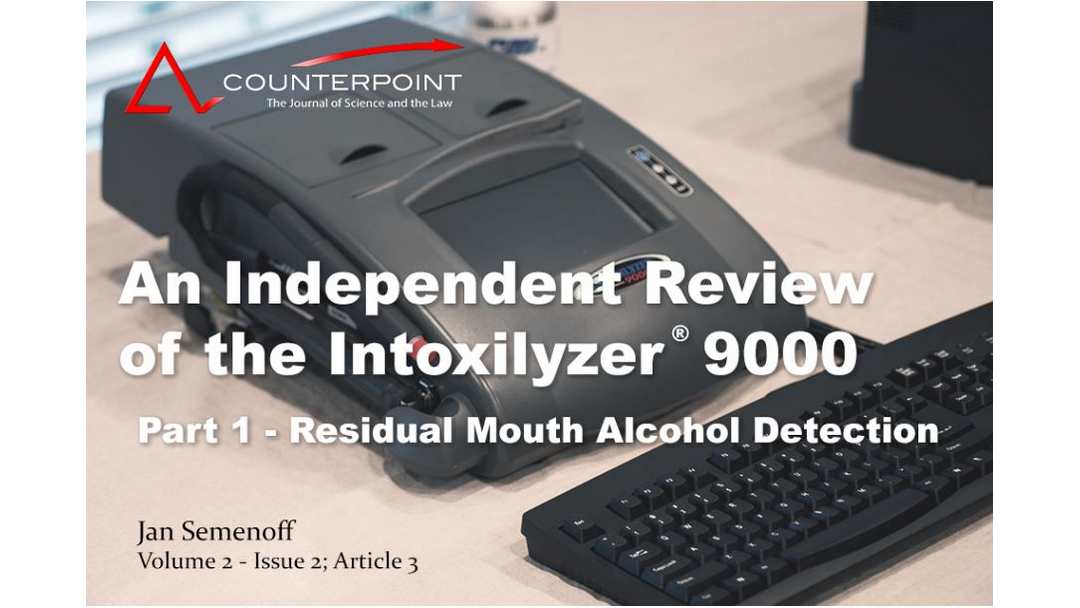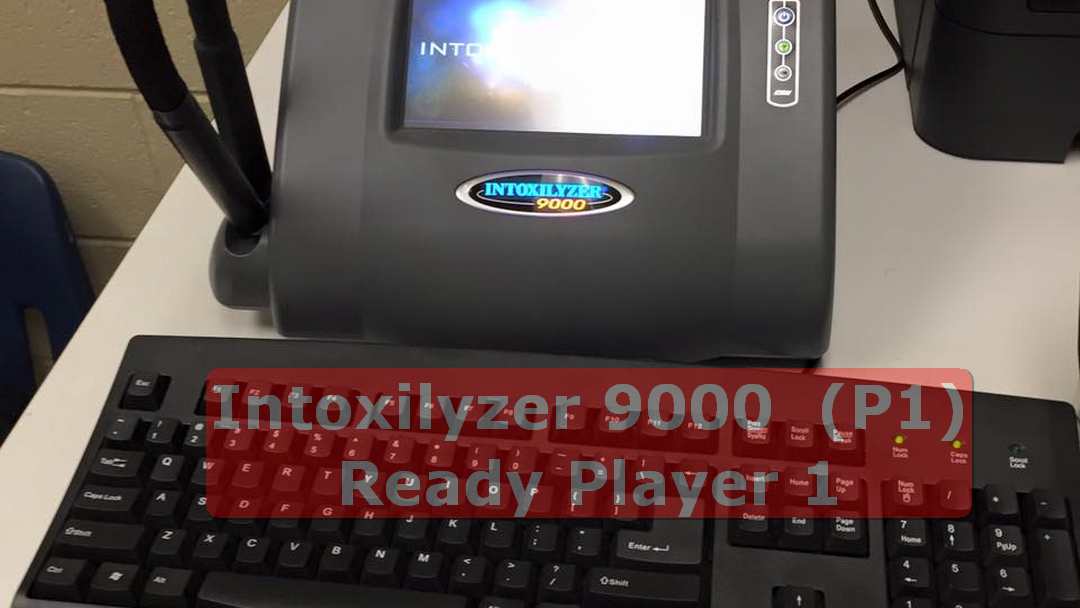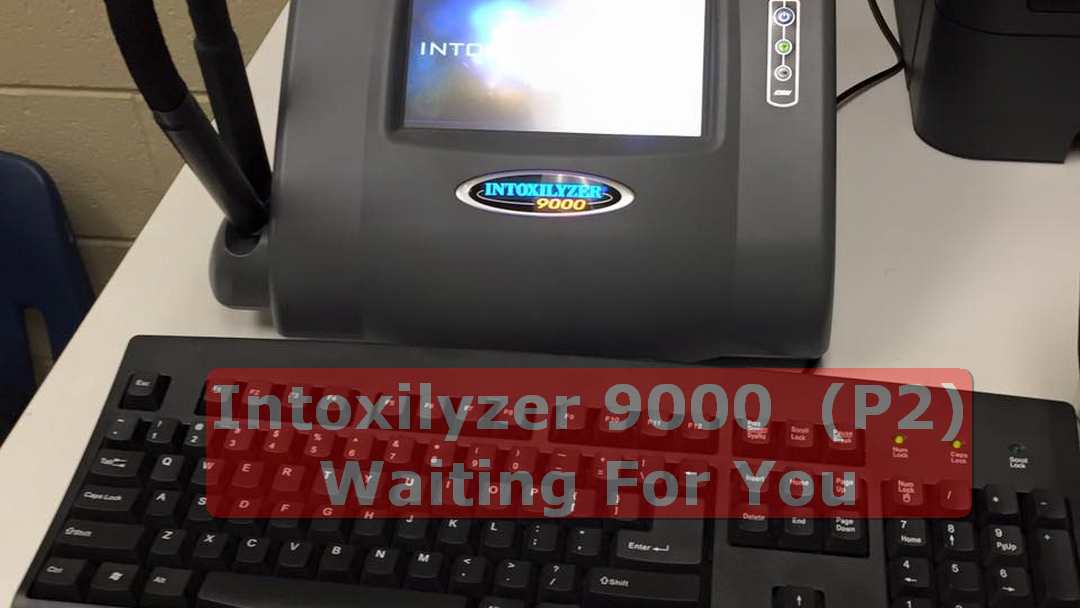Understanding the Foundation: A Summary of Michigan Rules of Evidence 401-411
The Michigan Rules of Evidence (MRE), specifically Rules 401-411, lay the groundwork for what evidence can be presented in court and how it might influence the outcome of a case. This article aims to provide a clear and concise overview of these foundational rules, drawing from the Michigan Rules of Evidence Handbook.
Rule 401: Test for Relevant Evidence
This rule is the cornerstone of admissibility. Evidence is considered relevant if it “has any tendency to make a fact more or less probable than it would be without the evidence” and the fact itself is “of consequence in determining the action.”
In simpler terms, relevant evidence helps make the case for or against a party through its connection to the underlying issues.
Rule 402: General Admissibility of Relevant Evidence
As long as evidence doesn’t run afoul of the Constitution, the Michigan Rules of Evidence, or other legal principles, relevant evidence is generally admissible. This rule reinforces the notion that all pertinent information should be considered by the court to reach a just decision.
Rule 403: Excluding Relevant Evidence for Prejudice, Confusion, Waste of Time, or Other Reasons
Even relevant evidence can be excluded if its potential for harm outweighs its probative value.
This means the court may decide not to allow evidence if it:
- Is unfairly prejudicial towards a party, creating undue sympathy or animosity.
- Confuses the jury or distracts them from the main issues of the case.
- Wasted time due to being repetitive or unnecessary.
- Presents cumulative evidence, meaning similar points have already been established.
Have your rights been violated?
Have your driving priviledges been revoked?
Has your professional license been suspended?
Have you been charged with a crime?
Call our office to see if we can help
Komorn Law 248-357-2550
Beyond the Basics: Rules 404-411
While Rules 401-403 establish the core principles of evidence admissibility, the subsequent rules delve deeper into specific types of evidence.
These include:
Character Evidence: Rules 404-410 limit the use of character evidence to prove or disprove an act on a particular occasion. Exceptions exist for specific situations, such as in criminal cases where self-defense is an issue.
Habit and Routine Evidence: Rule 406 allows evidence of a person’s habit or routine to be admitted if it’s relevant to an issue in the case.
Similar Occurrences: Rule 407 governs the admissibility of evidence of similar occurrences, generally excluding them unless they are highly probative of a specific issue.
Compromise and Offers to Compromise: Rule 408 limits the admissibility of compromise negotiations to prevent chilling settlements and encourage open communication.
Inadmissibility of Pleas, Plea Discussions, and Related Statements: Rule 410 protects defendants from having their withdrawn pleas or plea discussions used against them in certain legal proceedings.
Liability Insurance: Rule 411 generally prevents the use of evidence of liability insurance to prove or disprove negligence, though exceptions exist for other purposes like establishing agency or ownership.
Understanding the nuances of these rules is crucial for anyone involved in the legal system, from judges and attorneys to litigants and legal scholars. The Michigan Rules of Evidence Handbook provides a comprehensive guide to navigating these complexities, ensuring fair and just outcomes in Michigan’s courts.
Important:
This article provides a simplified overview of the Michigan Rules of Evidence for informational purposes only. It should not be interpreted as legal advice. When facing legal matters, always consult with a qualified attorney for professional guidance.
The Michigan Rules of Evidence are subject to change over time. Always consult the latest official version for accurate information.
Here is the link to the Michigan Rules of Evidence Handbook. Check the footer for the latest update.
Related Articles
No Results Found
The page you requested could not be found. Try refining your search, or use the navigation above to locate the post.
More Posts

Cannabis cash transactions aren’t suspicious says IRS
Following The MoneyLarge cash transactions by marijuana businesses should not be automatically flagged as suspicious, as per the latest IRS guidance. The tax agency's guidance aims to provide clarity on the federal Bank Secrecy Act, which mandates businesses,...

An Independent Review of the Intoxilyzer 9000
An Independent Review of the Intoxilyzer 9000 Part 1 - Residual mouth alcohol detection Counterpoint Volume 2; Issue 2 - Article 3 (August 2017) An article in the Core Skills III-2 Module Jan Semenoff, BA, EMAForensic CriminalistThe opportunity to conduct an...

The Intoxilyzer 9000 (part 1)
The Intoxilyzer 9000 (part 1 of 2)Roll-Out The Michigan State Police (MSP) initiated Intoxilyzer 9000 (Intoxilyzer) training for police officers statewide, commencing in 2023. In order to participate, officers were required to complete both preliminary breath test...

The Intoxilyzer 9000 (part 2)
The Intoxilyzer 9000 (part 2 of 2)Using it The Intoxilyzer is user-friendly and equipped with a built-in feature to alert officers of any potential issues. As a precautionary measure, officers are specifically advised to switch off their portable radios prior to...

Our Kids are Dying of Drug Overdoses
THE KIDS AREN’T ALRIGHT, THEY’RE DYING OF DRUG OVERDOSESFrom May 2022 to May 2023, the Centers for Disease Control and Prevention reported an alarming 37 percent increase in American lives lost due to overdoses, totaling over 112,000 fatalities. This staggering surge...

How DUI Charges Impact Your Child’s Future
In Michigan driving is considered a privilege. with this privilege comes immense responsibility, especially when it comes to driving under the influence (DUI) as well as other responsibilities. The consequences of youth DUI extend far beyond the immediate legal...

Rescheduling Marijuana Would Be a Threat to Public Health
Kevin Sabet of Smart Approaches to Marijuana says policy makers need to learn from their mistakes with hemp when considering marijuana rescheduling. It’s rare for policymakers to get a preview of the consequences of pending policies, but the descheduling of...

Meet MiChap
Climate and Health Adaptation ProgramYou must save yourself from yourself.Meet MICHAPOur Vision: Michigan's public health system fosters equitable health and wellbeing as it adapts to the current and future impacts of climate change. Our Mission: The Michigan Climate...

Feds discover new methods to distinguish hemp and marijuana to assist crime labs
Federally funded researchers have uncovered two methods to divide and diversify the difference between hemp and cannabis to assist to crime labs. Because Cannabis is still a crime and Hemp is not...The Controlled Substance Act of 1970 classified the plant cannabis,...

Laws passed by Michigan lawmakers in 2023 will take effect
Several new laws passed by Michigan lawmakers in 2023 will take effect on Tuesday, Feb 13, 2023Making use of the first combined Democratic majority in the state House, Senate, and governor's seat in decades, legislators have the numbers and have successfully approved...







